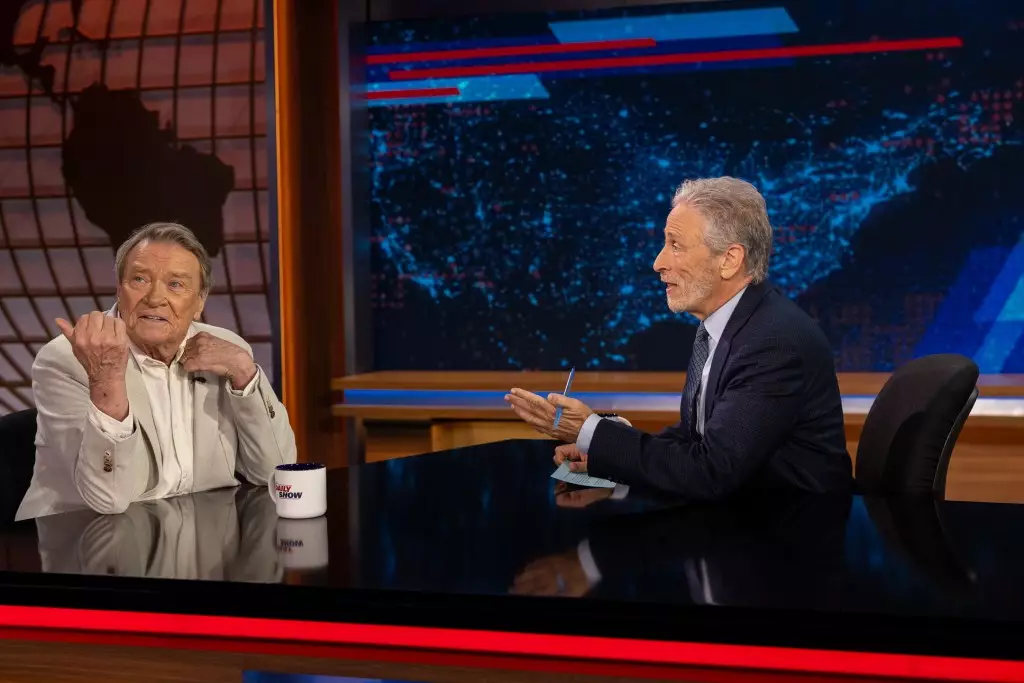In recent years, the spectacle of high-stakes legal settlements has become emblematic of how deeply corporate interests can influence the fabric of democratic discourse. The case involving Paramount Global’s $16 million payout to former President Donald Trump exemplifies how monetary considerations often trump genuine accountability. When a media conglomerate chooses to settle rather than confront allegations—especially those involving a prominent political figure—it sends a troubling message about the prioritization of profit over integrity. This deal, seemingly motivated by the strategic goal of smoothing regulatory or corporate transitions, underscores an uncomfortable truth: in the eyes of corporations, justice is sometimes collateral damage in the pursuit of financial gain.
What stands out most starkly in this incident is the apparent absence of a transparent rationale behind the settlement. Instead of defending its journalistic standards or challenging the allegations publicly, Paramount opted for a financial expedient, effectively paying a form of protection fee. This decision raises questions about the independence of journalism and the role of media giants in safeguarding the principles of free speech and accountability. When companies prioritize financial stability over defending the integrity of their reporting, the foundation of an informed democracy becomes compromised. The cost, ultimately, is measured not just in dollars but in the erosion of public trust.
The Implications for Free Press and Democratic Discourse
The reaction from seasoned journalists like Steve Kroft underscores the gravity of these developments. Kroft’s insights reveal that this settlement extends beyond a mere corporate privacy issue—it’s a direct threat to the health of investigative journalism. If media outlets or their parent companies grow increasingly wary of challenging political power for fear of costly repercussions, the very watchdog role that journalism is supposed to play diminishes. The chilling effect on reporters and editors can soon turn into a self-censorship that benefits the few holding political sway and diminishes the voice of the people.
Furthermore, the settlement’s timing suggests a strategic move to facilitate a major media merger involving influential figures like Larry Ellison and David Ellison. This hints at a broader pattern where corporate consolidations are intertwined with political maneuvering, blurring the lines between business interests and national policy. As the likes of Paramount seek to appease powerful figures—potentially in exchange for favorable regulatory environments—the democratic process faces perilous influence peddling. It is no longer enough to simply observe these transactions; one must recognize them as symptomatic of a deeply interconnected web of money, media, and political power that often sidelines the public’s best interests.
Corporate Shielding and the Erosion of Democratic Norms
What is most alarming is not just the financial settlement but what it signifies in a broader societal context. This case reveals how corporate entities are increasingly willing to put their bottom line above the constitutional protections that safeguard free speech and the press. When companies settle high-profile disputes quietly, it signals a tacit endorsement of a culture where accountability is secondary to avoiding controversy and judicial scrutiny. This serves as a warning of how easily democratic institutions can be manipulated when money acts as a bridge between corporate interests and political influence.
The broader implications extend to the integrity of elections and the accountability of leaders like Donald Trump, whose interactions with the media and legal system are often fraught with controversy. A media environment that condones or ignores such settlements risks fostering cynicism among citizens, who may begin to see political and economic elites as untouchable and above the law. This breeds disillusionment and questions the very foundation upon which democratic societies stand: that truth, fairness, and accountability matter.
In sum, the intertwining of corporate interests with political maneuvers reflects a troubling shift in power dynamics. It challenges the very principles of transparency and judicial fairness that underpin democratic governance. When financial considerations eclipse the pursuit of truth, democracy suffers, and society’s faith in its institutions wanes. The question is no longer just about one settlement or one scandal; it’s about whether in the pursuit of profit, we’re willing to sacrifice the core values that make free societies resilient and just.

